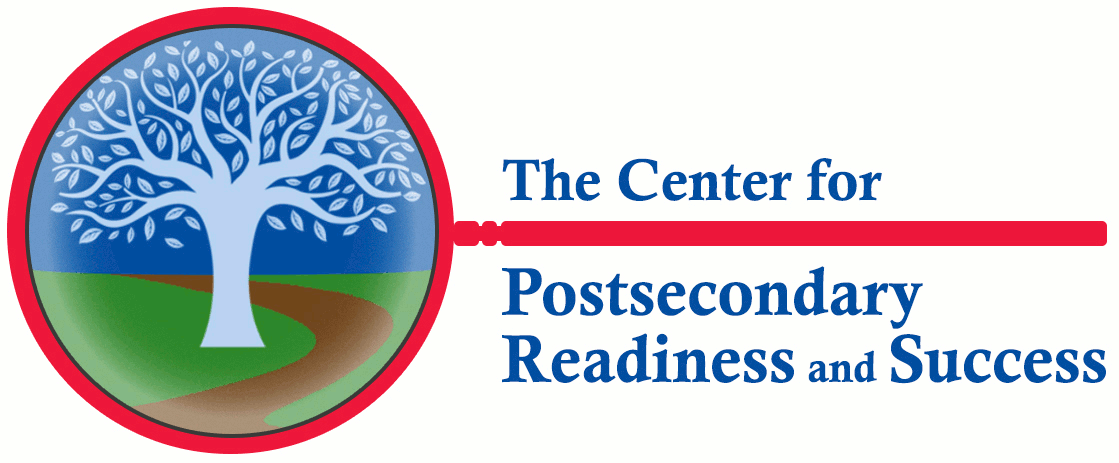ScholarWorks > WMU > JCA > Vol. 7 (2022) > Iss. 2
Abstract
An increasing number of postsecondary institutions in the United States have introduced test-optional admissions policies primarily due to criticism of standardized admissions tests as potentially biased predictors of student success. However, the impact of the test-optional movement is largely unknown and continues to evolve amid the COVID-19 pandemic. Using institutional isomorphism as our theoretical framework, we update and extend existing research by broadening the number and type of test-optional institutions represented in the literature. We use 2x2 repeated measures multivariate analysis of variance (MANOVA) to examine change in applications received, acceptances, enrollment, and the racial and socioeconomic composition of the student body upon the implementation of a test-optional admissions policy. Findings demonstrate that test-optional policy implementation results in a statistically significant increase in applications and enrolled students. However, we find that test-optional policy adoption does not result in a statistically significant increase in the percentage of underrepresented racial minority students or Pell Grant recipients.
Recommended Citation
Paris, Joseph H.; Torsney, Benjamin; Fiorot, Sara; and Pressimone Beckowski, Catherine
(2022)
"The Impact of Optional: Investigating the Effects of Test-Optional Admissions Policies,"
Journal of College Access: Vol. 7:
Iss.
2, Article 3.
Available at:
https://scholarworks.wmich.edu/jca/vol7/iss2/3


